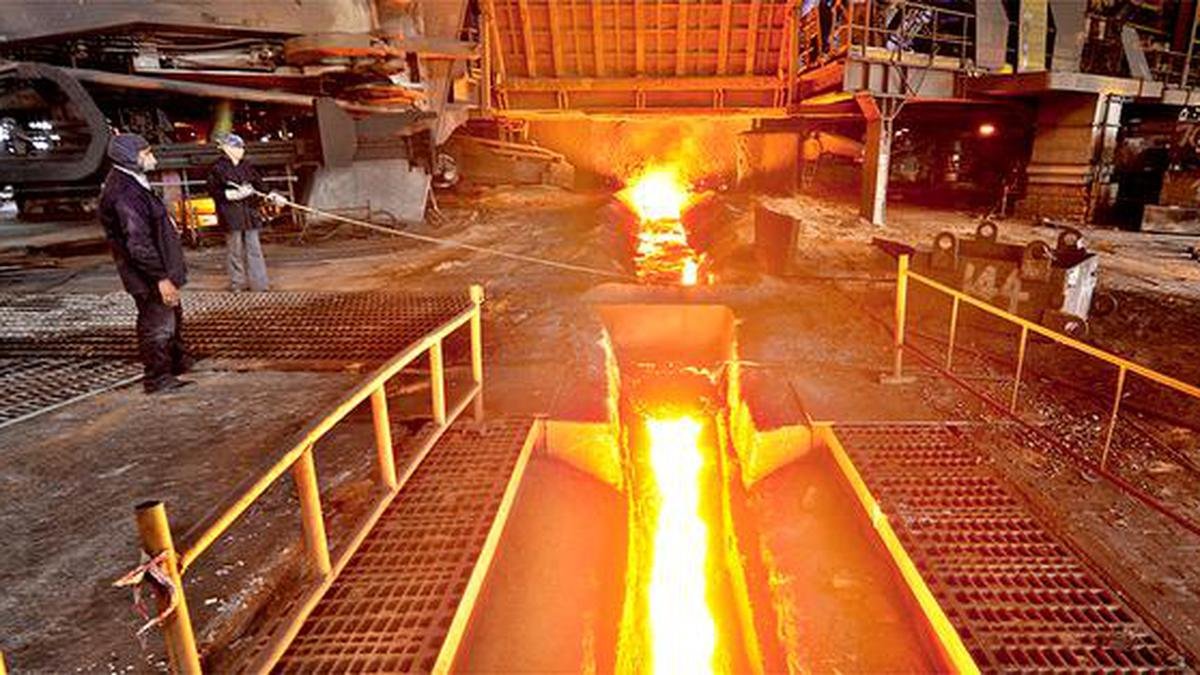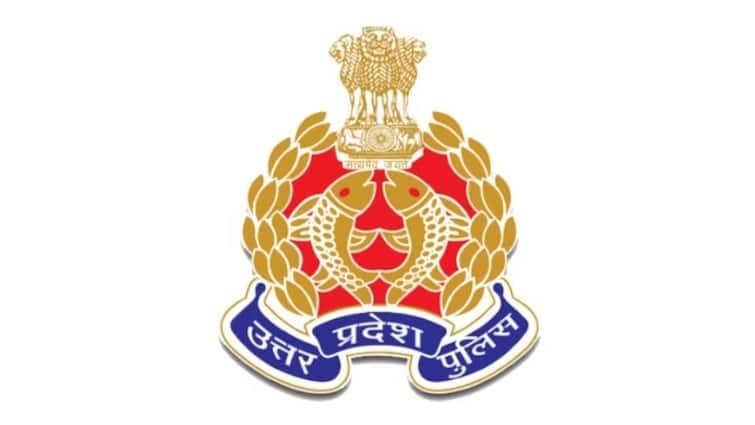“The government has infused around ₹1,650 crore in State-owned Rashtriya Ispat Nigam Limited (RINL), gripped with operational and financial issues,” according to an official document. “The government is also taking various measures to keep RINL as a going concern,” the Ministry of Steel said in a note.
“In this regard, the Government of India has infused ₹500 crore towards equity on September 19, 2024, and a working capital loan of ₹1,140 crore on September 27, 2024,” according to the document.

It also said that SBICAPS, a wholly-owned subsidiary of the State Bank of India (SBI), is preparing a report on the sustainability of RINL. “RINL is in serious financial trouble and the (Steel) Ministry is taking several steps to keep RINL as a going concern in consultation with the Ministry of Finance,” it added.
RINL, under the Ministry of Steel, is a steel manufacturing company. It owns a 7.5 million tonne plant at Visakhapatnam in Andhra Pradesh. The company has been facing severe financial and operational issues.
Two of the three blast furnaces (BF) were closed till October 28 this year, when the second BF was made operationalised after nearly 4-6 months. The overall dues of RINL have gone more than ₹35,000 crore.
In January 2021, the Cabinet Committee on Economic Affairs (CCEA) gave its ‘in-principle’ approval for 100% disinvestment of government stake in RINL, also called Visakhapatnam Steel Plant or Vizag Steel, along with RINL’s stake in its subsidiaries/joint ventures through strategic disinvestment by way of privatisation.
The government’s decision to privatise the company has attracted resentment from workers’ unions, which cite RINL not having the advantage of having captive iron ore mines as one of the major reasons for the crisis being faced by the company.
“RINL never had captive mines. All other primary steel makers who make steel through blast furnaces enjoy the benefit of captive mines. It helps with the cost of raw materials. We have always bought iron ore at market price. You also add transportation cost to it,” said J. Ayodhya Ram, leader of a union protesting against privatisation of RINL.
Published – November 03, 2024 01:27 pm IST







